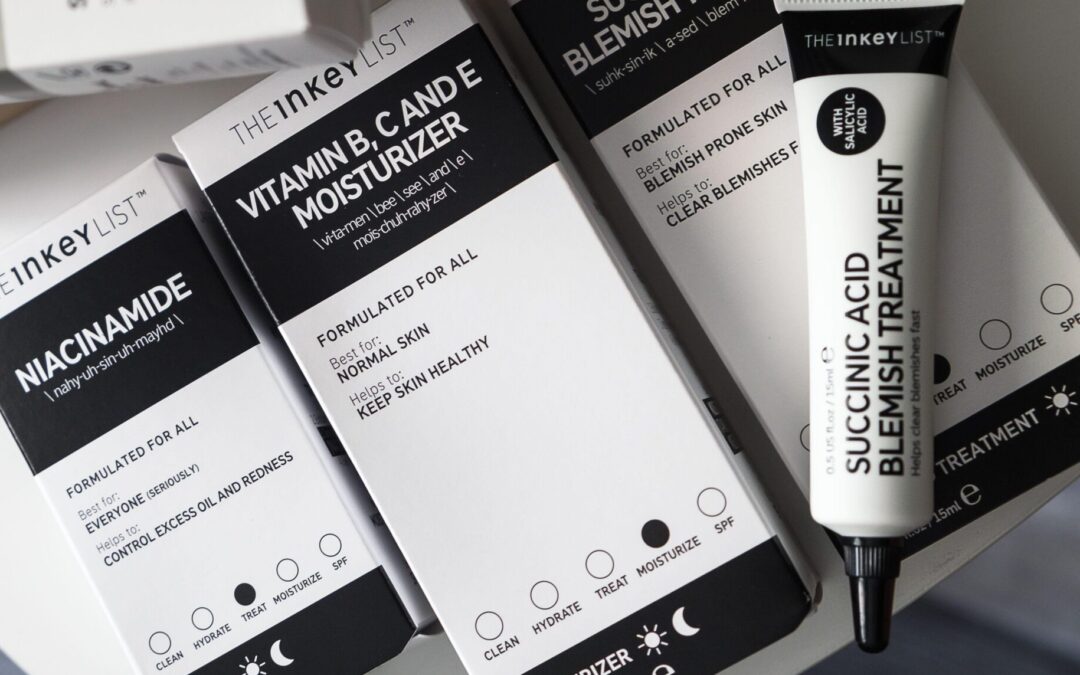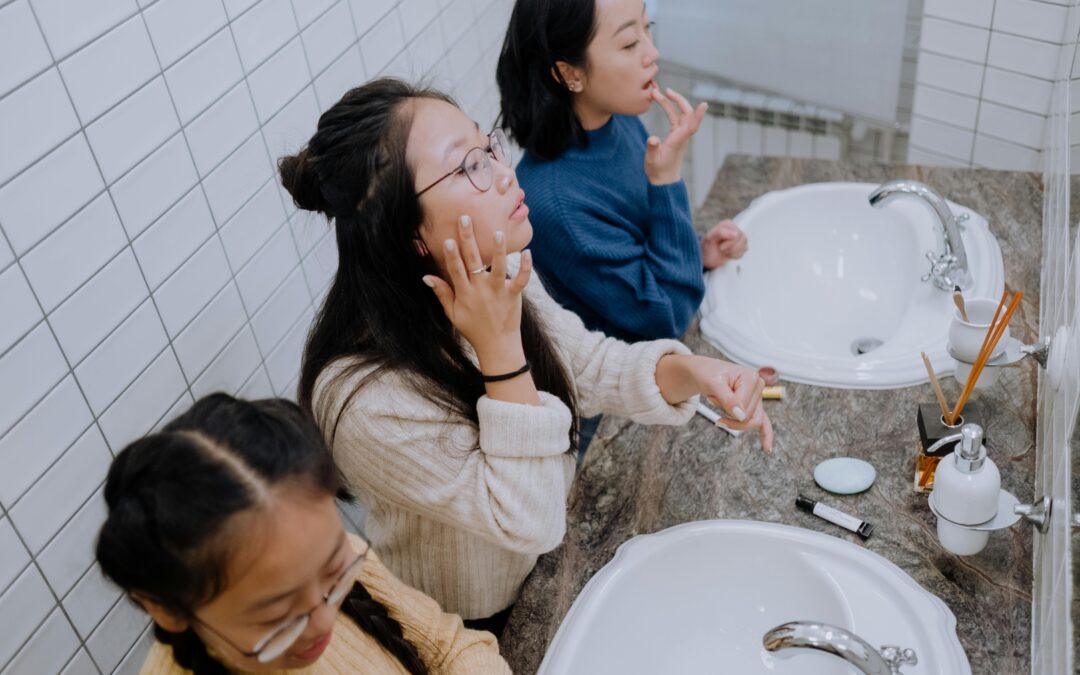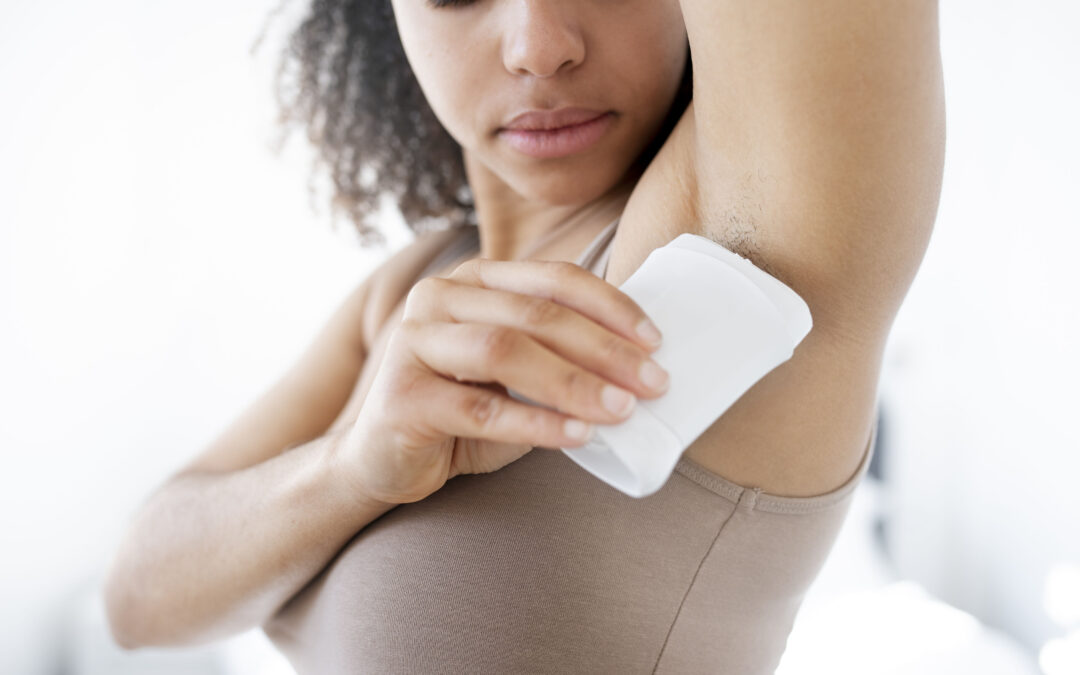Acne, sunburns, hydration… I was brought up to believe this long green plant was a miracle gel. For those of you whose parents swore by it like mine, are we really doing the right thing? And if not, it might be worth finding out!
I don’t know about your mum’s but whenever I got burnt in the summer after a long day at the beach, I got sat down and SMOTHERED in aloe vera, when I had bad acne at 15 on my face and back I would sleep with aloe vera on and when my mum had eczema she swore it did wonders.
For this article we will do a deep dive into the use of aloe vera on your skin and if it really is as good as it seems or is it actually just an old wives tale.
Aloe vera is a long stemmed green, cactus-like plant that contains a transparent gel substance in its stem. The gel is usually made into aloe vera gels, mostly found in the average supermarket or chemist, but it can also be made into shampoos, cleansers, moisturizers,etc.
According to the National Library of Medicine of the United States aloe vera is known for its anti-inflammatory, antiseptic and antibacterial properties as well as often used for skin protection.
The most common use for aloe vera on skin is for sunburns. The NHS officially recognises aloe vera gel as an effective soothing aftersun and as stated by the British Skin Foundation, aloe vera has both an anti-inflammatory and cooling effect on your sunburn.
READ MORE: Skin cancer doesn’t wait: the truth about the sun
Aloe vera is widely recognised for its moisturising and hydration properties, as the gel in its natural form is 99% to 99.5% of water. Thanks to its high percentage of water aloe vera can be used as an ordinary moisturizer. As well as a natural remedy for eczema and psoriasis due to its anti-inflammatory and antiseptic properties, according to cosmetic dermatologist Michelle Green in an interview with ‘Eating Well’.
Aloe vera also has a long array of vitamins and minerals including Vitamin C and E. Which alongside hydration all play a role protecting the natural skin barrier and even has a positive effect on anti-aging.
Does it help with spots and acne you may be asking- and yes it does! Well kind of… As we’ve gathered aloe vera has infinite positive effects on the skin and definitely doesn’t lack nutrients or properties. A study by nursing students and professors in the Journal of Dental and Medical Sciences said that Aloe vera is effective for facial acne and scarring when it is included and combined with other products in a daily skincare routine. When compared to chemical beauty products this remedy is very less likely to cause side effects and skin damage.
It is important to highlight that before you decide on using aloe vera or any other product on your skin you must be aware that nothing works on everyone and ensure you are safe and not allergic to this plant, for this, consult your medical history and/or perform a patch test before sticking to it.
Overall aloe vera is packed with benefits that can potentially soothe and/or help your skin, especially when integrated into a skincare routine. HOWEVER, like most products, it is not a ‘miracle cream’ and will not give you ‘flawless’ skin. It is a natural remedy that is likely to have a positive rather than negative effect on your skin.
I guess my mother wasn’t wrong after all!
For more information on any of the conditions listed above feel free to check Radiance’s other articles and recommendations.



